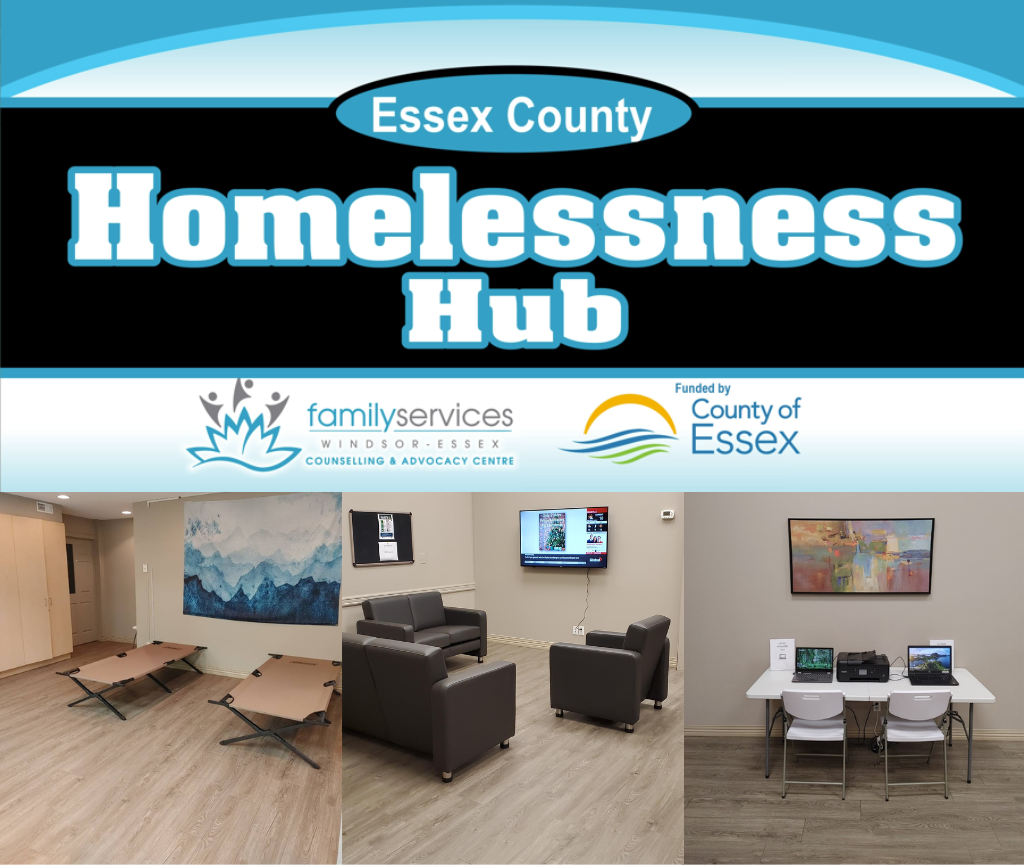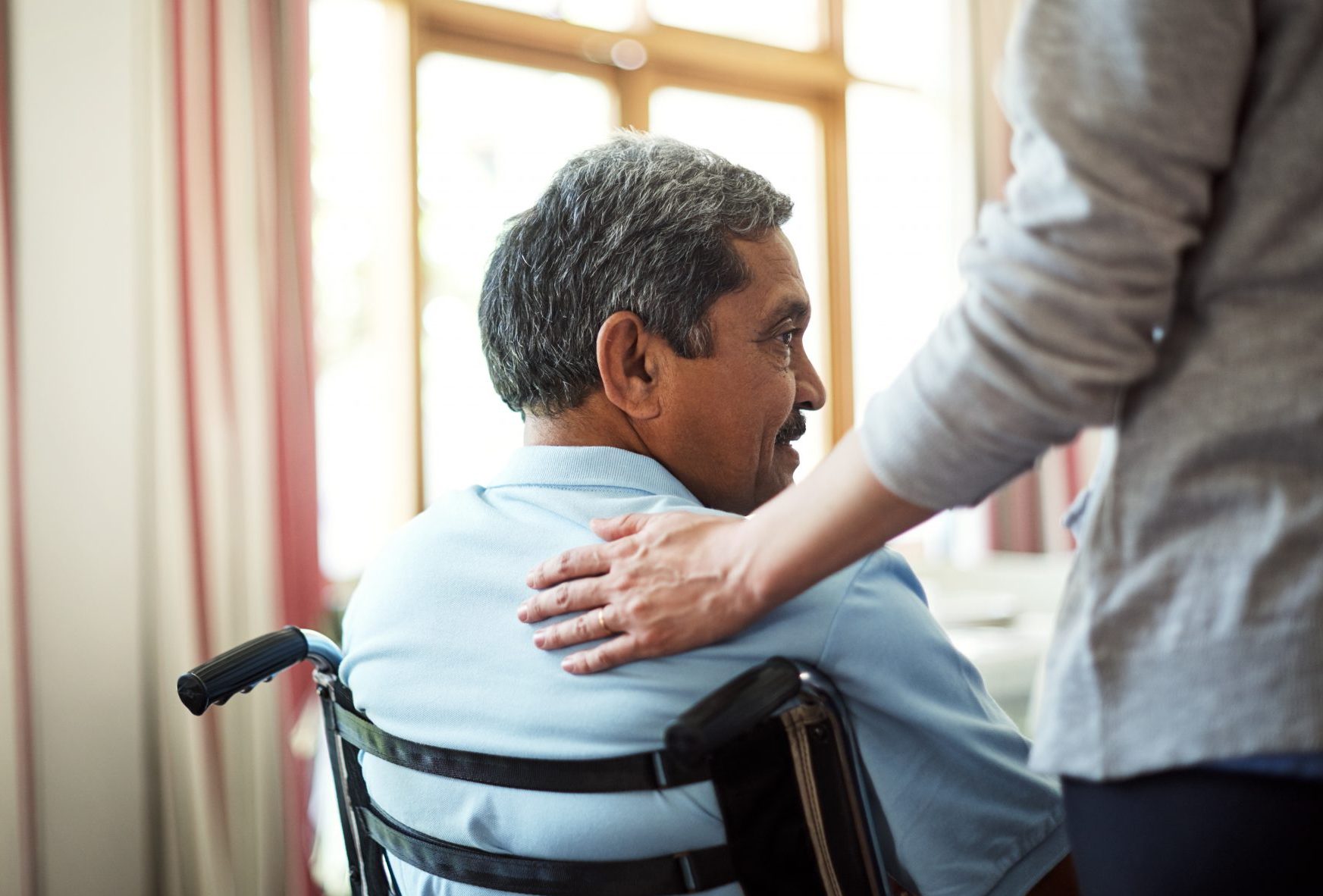We provide professional, voluntary and confidential advocacy and support services to families, individuals, couples, older adults and persons with developmental disabilities or mental health concerns. Our programs are client-centered. We provide strategies and support to resolve conflicts, address personal problems and help people live independently in the community.
Our Support Services can help:
- Handle daily life and community barriers
- Deal with arising challenges and concerns
- Learn new skills to manage issues
- Connect with other services, as needed
- Take action to move forward in life
Typical areas of support:
- Finances
- Housing
- Personal Support Workers
- Independence
- Relationships
- Clutter, Hoarding,
- Neglect and Abuse
See each service for eligibility requirements and specific services available
Support Programs and Services

Windsor Essex Housing Connections
Windsor-Essex Housing Connections (WEHC) is a partnership of agencies who work together to help people find affordable, rental housing and end the cycle of homelessness.

Essex County Homelessness Hub
The Essex County Homelessness Hub (ECH2) is a drop-in program that is designed to meet the specific needs of individuals and families in Essex County who are experiencing homelessness or at risk of becoming homeless.

Voluntary Trusteeship
Through our Voluntary Trusteeship and Financial Literacy Program, we can help people better manage their money, pay their bills on time and teach people basic money management.

Hoarding Response
Through our Hoarding Response Service, we can help people deal with the clutter in their home and de-clutter to create an organized, safe and healthy place to live.

Elder Abuse Response
Through our Elder Abuse Response Service, we help Older Adults deal with neglect, bullying and abuse.

Adult Protective Service Worker
Through our Adult Protective Service Worker Program (APSW), we help adults with developmental disabilities living in the community to be independent, safe and secure. Staff help adults in accessing community services and supports.

Avenues
Through our Avenues Program, we provide personalized human resource and financial support for people with individualized or Passport funding. Our qualified staff help adults with developmental disabilities recruit, hire and maintain independent contractors and employees.

Partner Assault Response
The Partner Assault Response (PAR) Program is a domestic violence, court initiative that delivers specialized, community-based, group education/counselling programming to domestic violence offenders.

Professional Support
when people need it
- Services available for individuals, couples, families, older adults, children and youth
- Specialized services for adults with developmental disabilities or mental health concerns
- Referral to other community agencies, when needed
You are not alone. Help is a phone call away.

